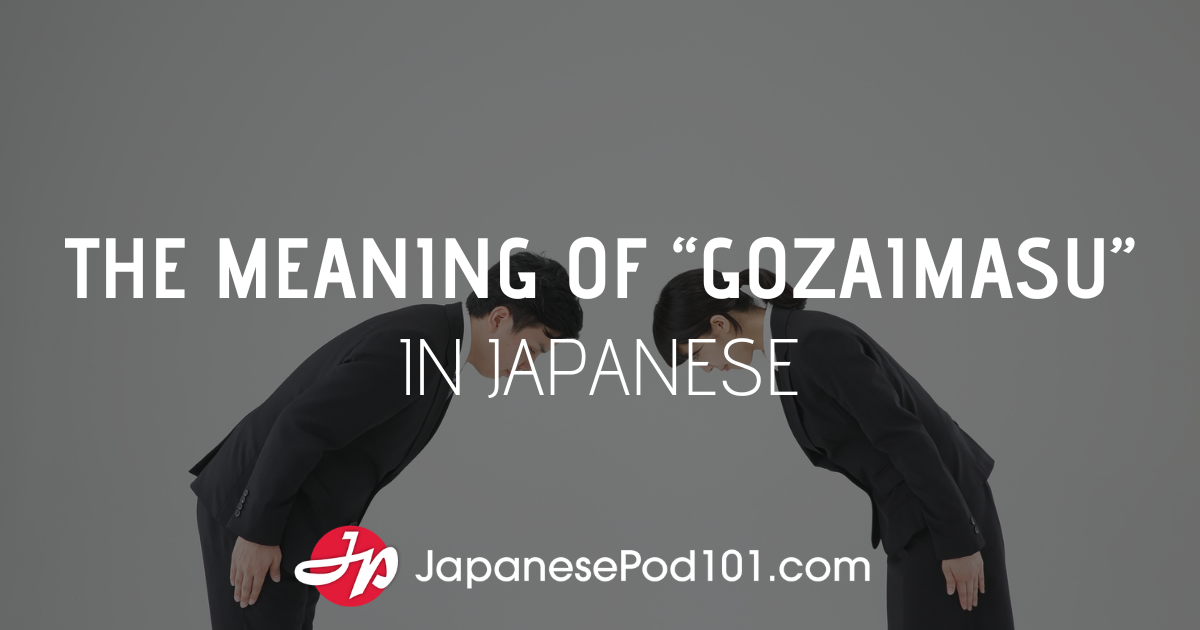Strangely, three YAKU kanji have EKI as alternate on-yomi. How this situation came about, I can’t even imagine. In the following list, EKI appears first when it’s the predominant on-yomi:
益 (benefit, profit) EKI YAKU
The kun-yomi is -ma(su). The way to write masumasu, “increasingly,” in kanji is 益々!
疫 (epidemic) EKI YAKU
役 (service) YAKU EKI
A host of homophonous EKI compounds involve these kanji and other EKI characters. For instance, we have these:
ken’eki: 検疫 (quarantine) 権益 ((one’s) interests)
taieki: 退役 (to retire from military service) 体液 (body fluids)
shieki: 使役 (employment) 私益 (private interest (financial))
kōeki: 公益 (public benefit) 交易 (trade, commerce)
ekigaku: 疫学 (epidemiology) 易学 (study of divination)
By now you’re wondering about 易, which appears in the last two rows. It can mean “to exchange” or “fortune-telling, divination,” but you likely know 易 best as yasa(shii) or yasu(i), “easy.” And now we’ve stumbled onto other homonym issues:
yasa(shii) 易 (easy) 優 (kind)
yasu(i) 易 (easy) 安 (cheap, calm) 廉 (cheap)
It never ends! As Mayumi in Italy likes to say, “Mamma Mia!”









